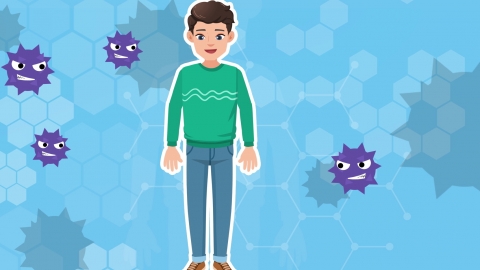What does a negative hepatitis B surface antibody test result mean?
Generally, a negative result for hepatitis B surface antibody indicates that the body has not developed protective antibodies against the hepatitis B virus. The detailed explanation is as follows:

Hepatitis B surface antibody is a type of protective antibody, whose production is primarily a response by the body's immune system to either hepatitis B virus infection or hepatitis B vaccination. When the hepatitis B virus enters the body, the immune system recognizes the viral antigens and, through a series of immune responses, some individuals produce surface antibodies to combat the virus, thus providing protection against reinfection. A negative surface antibody result indicates that an individual has neither been previously infected with the hepatitis B virus nor acquired protective antibodies through vaccination. In such cases, when exposed to the hepatitis B virus, the body lacks the necessary immune defenses to resist infection, resulting in a relatively higher risk of contracting hepatitis B.
It is important to avoid potential transmission routes of the hepatitis B virus in daily life, such as refraining from sharing personal items like toothbrushes or razors with hepatitis B-infected individuals that could lead to blood contact. Additionally, it is recommended to receive the hepatitis B vaccine promptly and complete the vaccination series according to the prescribed schedule, enabling the body to produce sufficient hepatitis B surface antibodies and effectively reduce the risk of hepatitis B infection.





